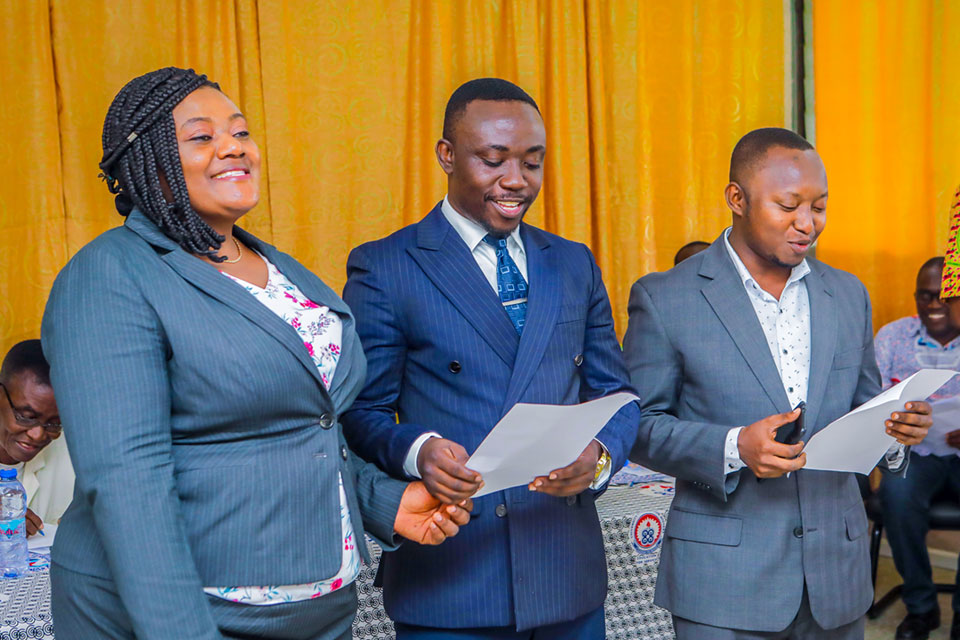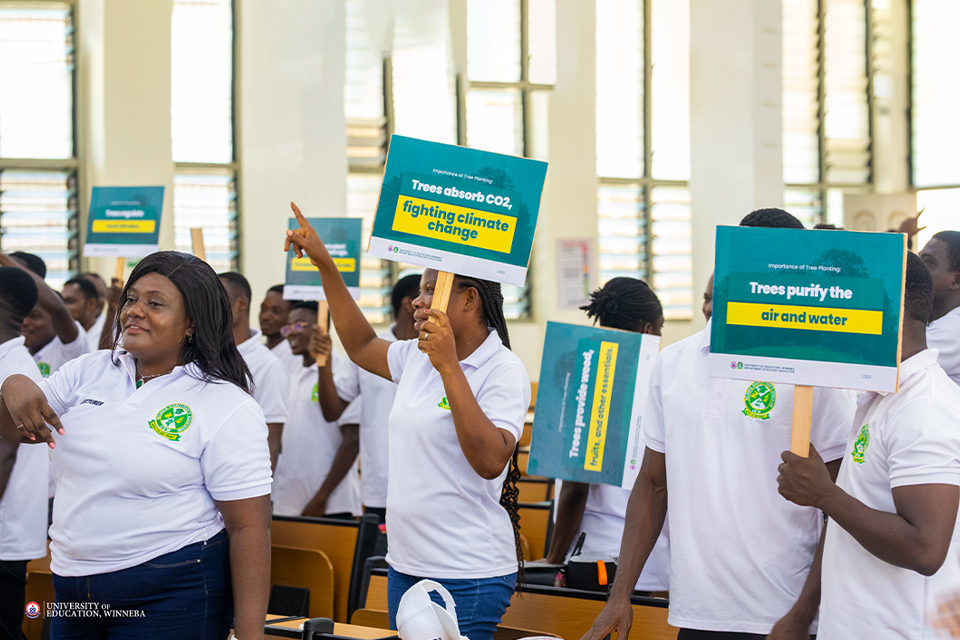UEW Chapter of GSA Holds Seminar on Innovative Techniques in Science Teaching
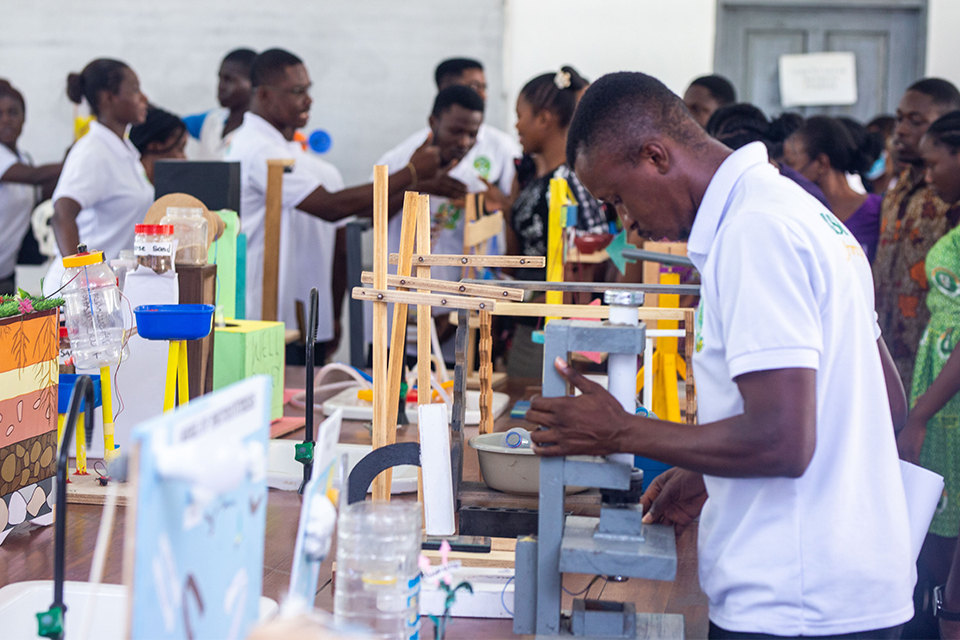
The University of Education, Winneba (UEW) Chapter of the Ghana Science Association (GSA), in collaboration with the Department of Biology Education and the Biological Science Students Association (BIOSSA), has held a seminar on innovative techniques in science teaching.
The seminar, themed "Innovative Techniques in the Teaching of Science: Enhancing Practical Skills through Improvisation," brought together educators, researchers, students, and stakeholders in the education sector to discuss innovative and effective methods of teaching science.
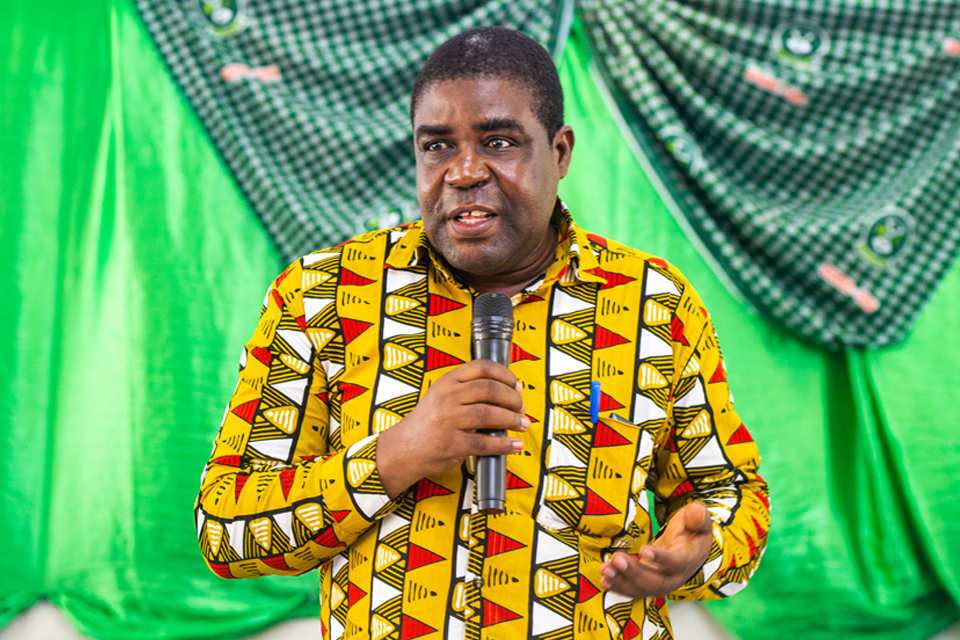
Prof. Wisdom H. K. Hordzi, Head of the Department of Biology Education at UEW, called for a shift in Ghana’s science education approach, urging educators to embrace improvisation, incorporate indigenous knowledge, and foster collaboration. He indicated that effective science teaching should require practical, locally relevant methods rather than reliance on expensive foreign materials.
Prof. Hordzi underscored the crucial role of improvisation in science education, asserting that teaching and learning materials (TLMs) should not always be imported. “Many times, people assume that TLMs must be foreign-made, but in reality, about 70% of the materials needed to teach biology can be found in our environment,” he stated. He emphasised that teachers need to have a thorough understanding of scientific concepts to create teaching aids effectively.
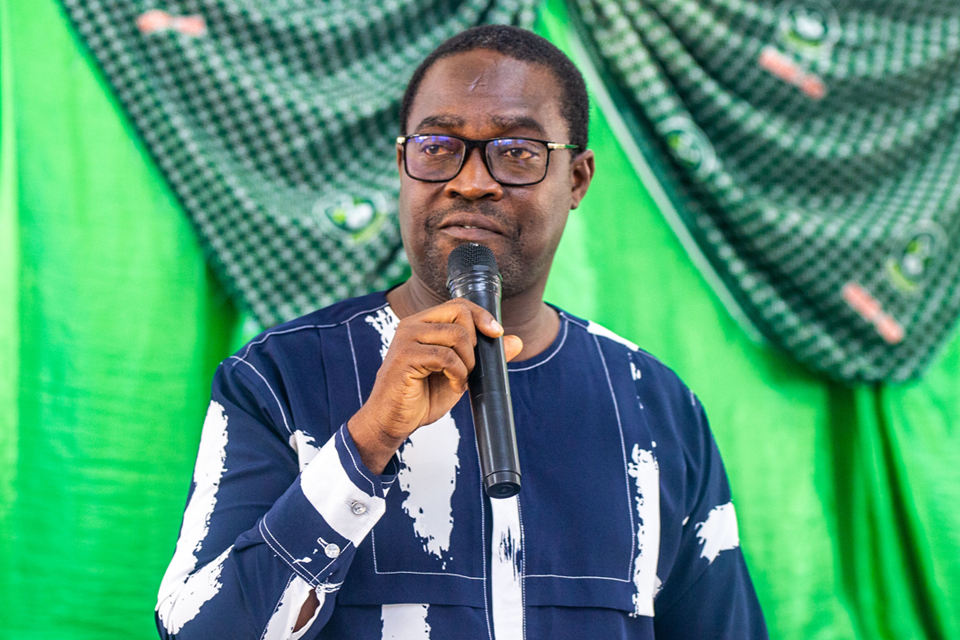
Prof. Arkoful Sam, Vice-Dean of the Faculty of Science Education at UEW, accentuated the importance of a growth mindset in science education, urging teachers and students to be resilient, embrace challenges, and learn from failures. He reaffirmed the power of improvisation in science education. “It allows us to create an interactive learning environment that nurtures 21st-century skills,” he explained.
Prof. Sam highlighted how improvisation has led to great scientific discoveries, citing the accidental invention of Coca-Cola. He encouraged teachers to model curiosity, resilience, and innovation in their classrooms. “Improvisation in science teaching is about taking risks, improving, and seeing where it leads us in the future,” he remarked.
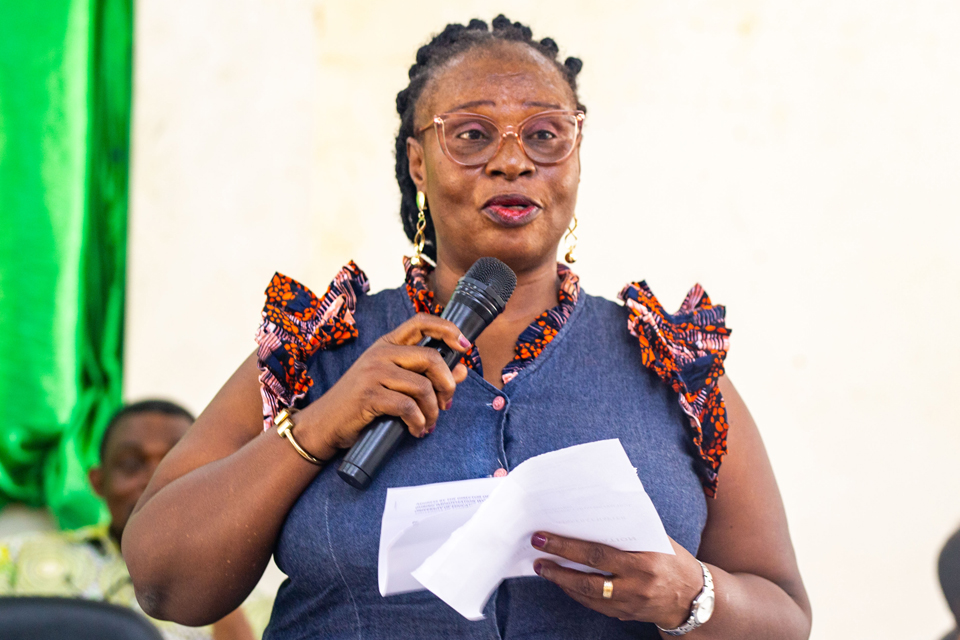
Mrs. Dinah Anderson, Effutu Municipal Director of Education, expressed satisfaction towards the UEW Chapter of GSA’s initiative to train teachers and students on improvisation in science teaching. She emphasised that the intervention was timely and crucial for improving science education in the municipality. She urged participants to fully embrace the training, as it would equip them with practical skills to make science education more effective.
Mrs. Dinah Anderson called for the training to be extended to all schools within the municipality. “Not all schools and not all teachers are here today. I plead with you to extend this training to every school in the Effutu Municipality so that all teachers can benefit,” she appealed. She revealed that science and mathematics performance at the Basic Education Certificate Examination (BECE) level remains a major concern. She noted that yearly analysis of BECE results highlights science and mathematics as weak areas, attributing this to ineffective teaching strategies.
The Effutu Municipal Director of Education reaffirmed the importance of continuous professional development for teachers, emphasising that regular workshops and training programmes would lead to better student performance. She encouraged all stakeholders to collaborate to ensure science education receives the attention it deserves.
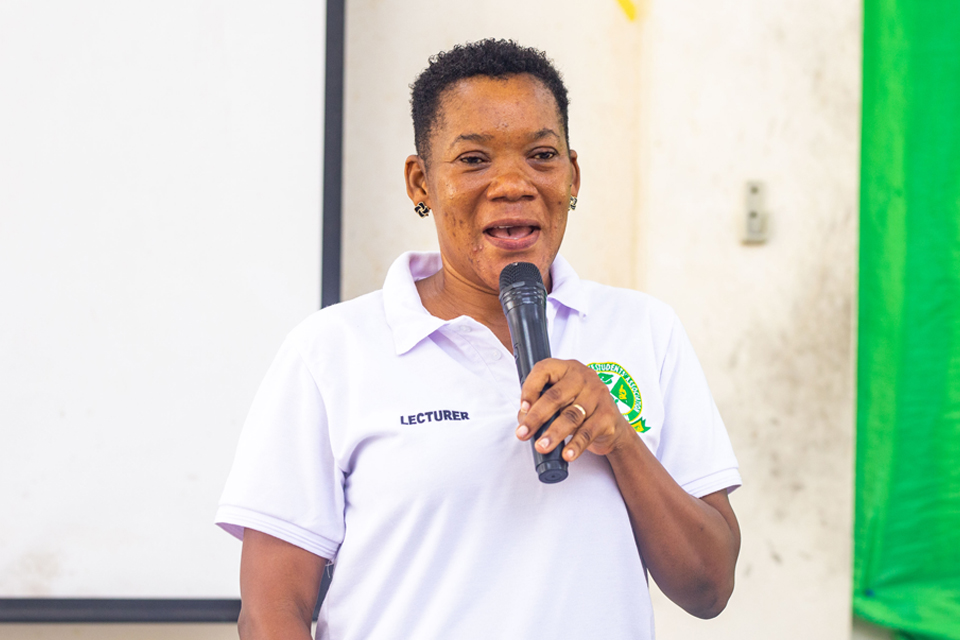
Dr. Rosemary Kumi Manu, the sole facilitator for the seminar and keynote speaker, underscored the importance of innovative techniques in science teaching. "Effective science teaching involves engaging students actively with scientific concepts through experimentation, observation, and critical thinking," she stated. She questioned whether this approach was being applied in classrooms, urging educators to reflect on their teaching methods.
She warned against presenting science as a rigid product rather than a process. "Science is exploratory. We expect our students to explore, yet we often present it as a fixed product, making it appear difficult," she lamented. She stressed that science education should build on students' relevant previous knowledge (RPK) while incorporating their environment into the learning process.
Dr. Rosemary Manu passionately advocated improvisation, describing it as the key to overcoming resource constraints. "Improvisation is simply using resources from the environment for teaching and learning," she explained. She encouraged teachers to be resourceful, noting that useful materials could be found everywhere. "Even in our handbags as teachers, we can find something to teach science," she remarked.
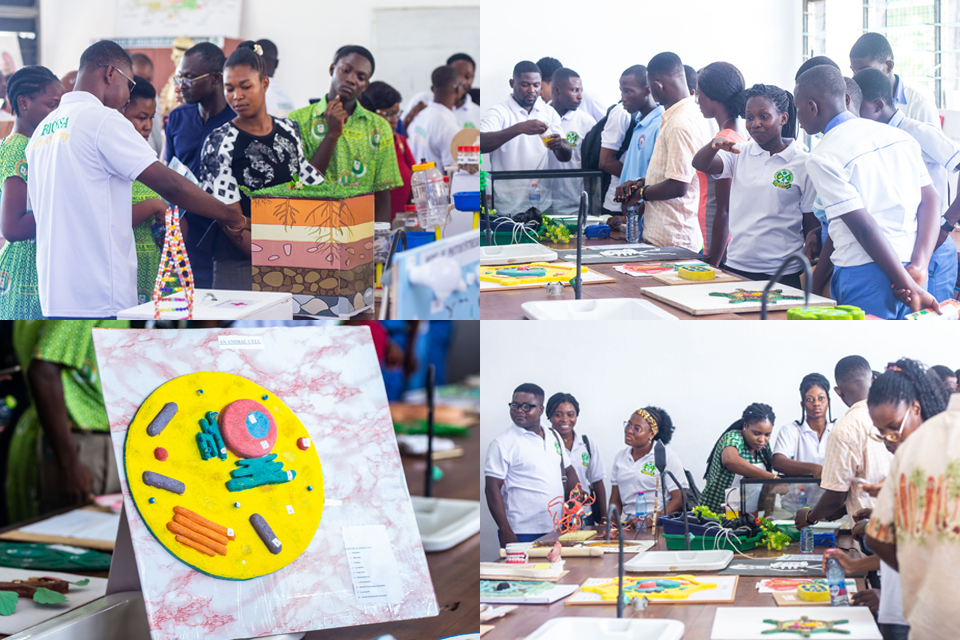
As Ghana continues to emphasise the importance of science, technology, engineering, and mathematics (STEM) education, initiatives like the UEW-GSA seminar are crucial in promoting excellence in science teaching and learning. Educators can inspire a new generation of scientists, innovators, and leaders embracing innovative techniques, incorporating indigenous knowledge, and fostering collaboration.









